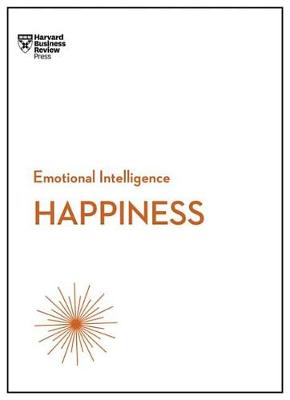Reviewed by Briana @ Pages Unbound on
There are two very brief essays at the end that take a negative view on happiness, but they seem to have been thrown in for some artificial sense of balance rather than because they say anything useful. One mainly protests that "happiness" is hard to define and that being content all the time is pointless--both arguments clearly addressed in the previous essays in the book, which one presumes the author of THIS essay should have been aware of. The other "happiness is bad" essay makes inane arguments like "You shouldn't expect your work to make you happy because if you're fired you're going to lose all that happiness and be a mess." That's basically like saying you shouldn't find happiness in a pet because eventually the pet will die, or you shouldn't find happiness in friends because friends sometimes leave or you just grow apart. Completely unconvincing, and I expected more research and better arguments, especially to close the book.
Reading updates
- Started reading
- 4 August, 2017: Finished reading
- 4 August, 2017: Reviewed
